First Launch Marks Start of Project Kuiper
Amazon has launched the first 27 satellites for its Project Kuiper, marking the beginning of a major broadband initiative. These satellites were sent into low-Earth orbit from Florida on Monday. The project aims to create a global internet network, challenging SpaceX’s established Starlink service.
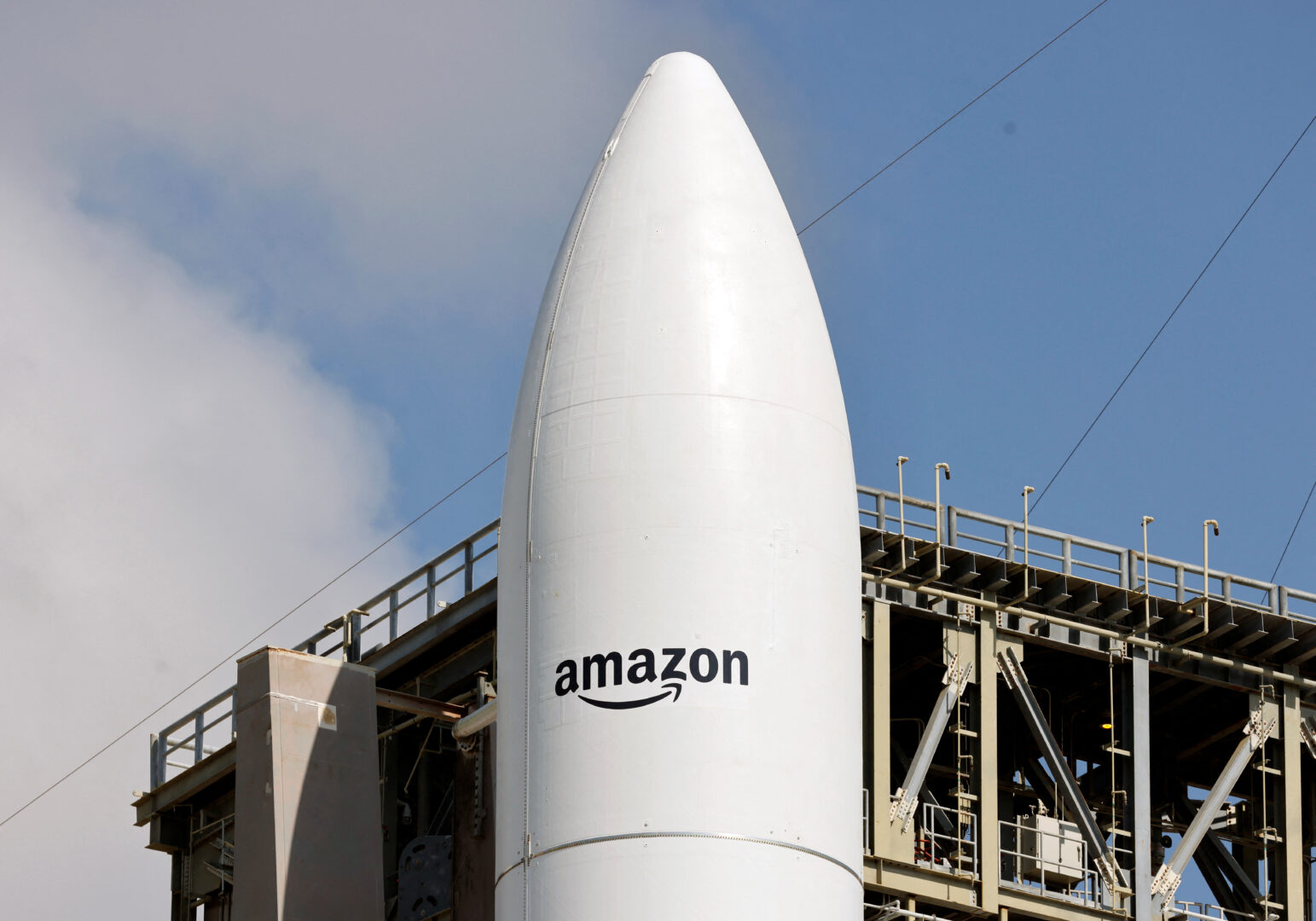
The satellites lifted off at 7 p.m. EDT from Cape Canaveral Space Force Station. They were carried by an Atlas V rocket, provided by United Launch Alliance (ULA), a joint venture between Boeing and Lockheed Martin. The launch followed a delay caused by bad weather earlier in April.
Kuiper Set to Expand Internet Access Globally
Project Kuiper plans to deploy a total of 3,236 satellites. The initiative, first announced in 2019, is backed by a $10 billion investment. Its goal is to offer reliable broadband to homes, businesses, and governments, especially in rural or underserved areas.
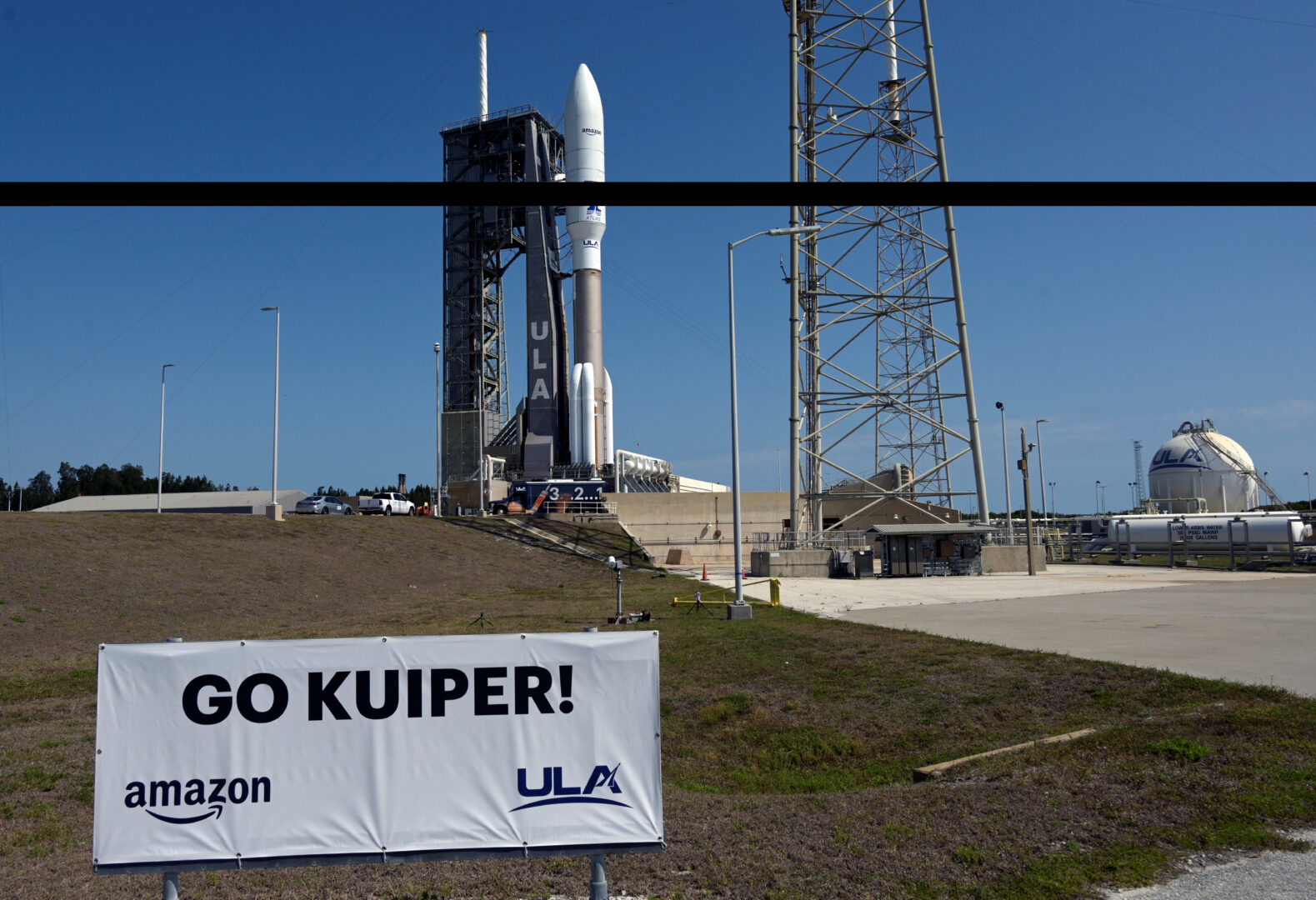
Amazon’s move into space internet follows a similar path taken by SpaceX. However, Amazon is banking on its strong consumer product experience and its leading cloud services to give it an advantage. According to the company, just 578 satellites are enough to begin offering service in selected northern and southern regions. Coverage will increase as more satellites are launched.
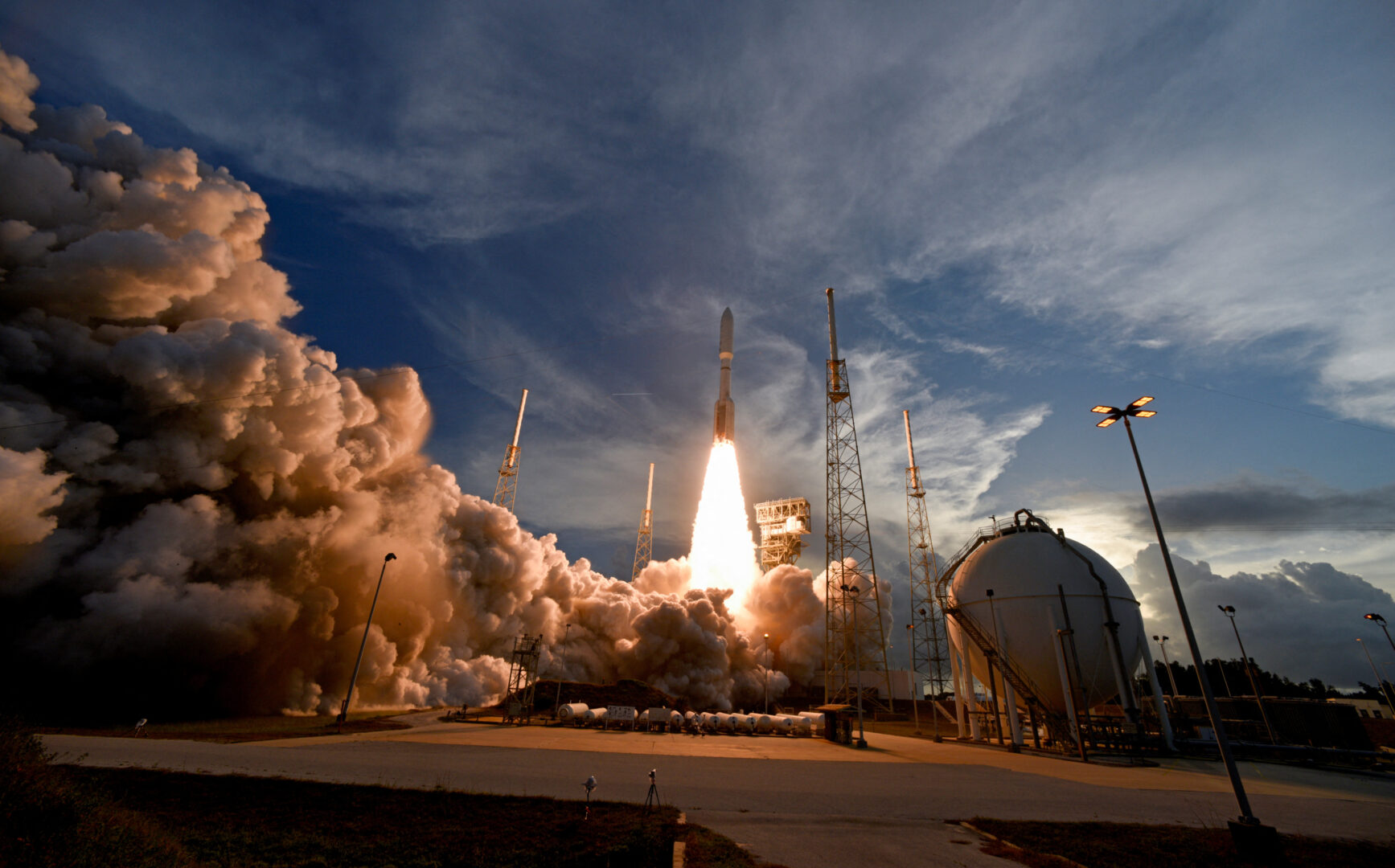
Amazon aims to meet a US Federal Communications Commission (FCC) deadline to deploy half of the satellite network—1,618 satellites—by mid-2026. However, delays in the project’s early stages may lead to Amazon requesting an extension.
Commercial and Defence Uses Expected
Amazon’s Executive Chairman Jeff Bezos remains confident about Kuiper’s success. In January, he stated there is strong demand for satellite internet and believes both Starlink and Kuiper can thrive in this growing market.
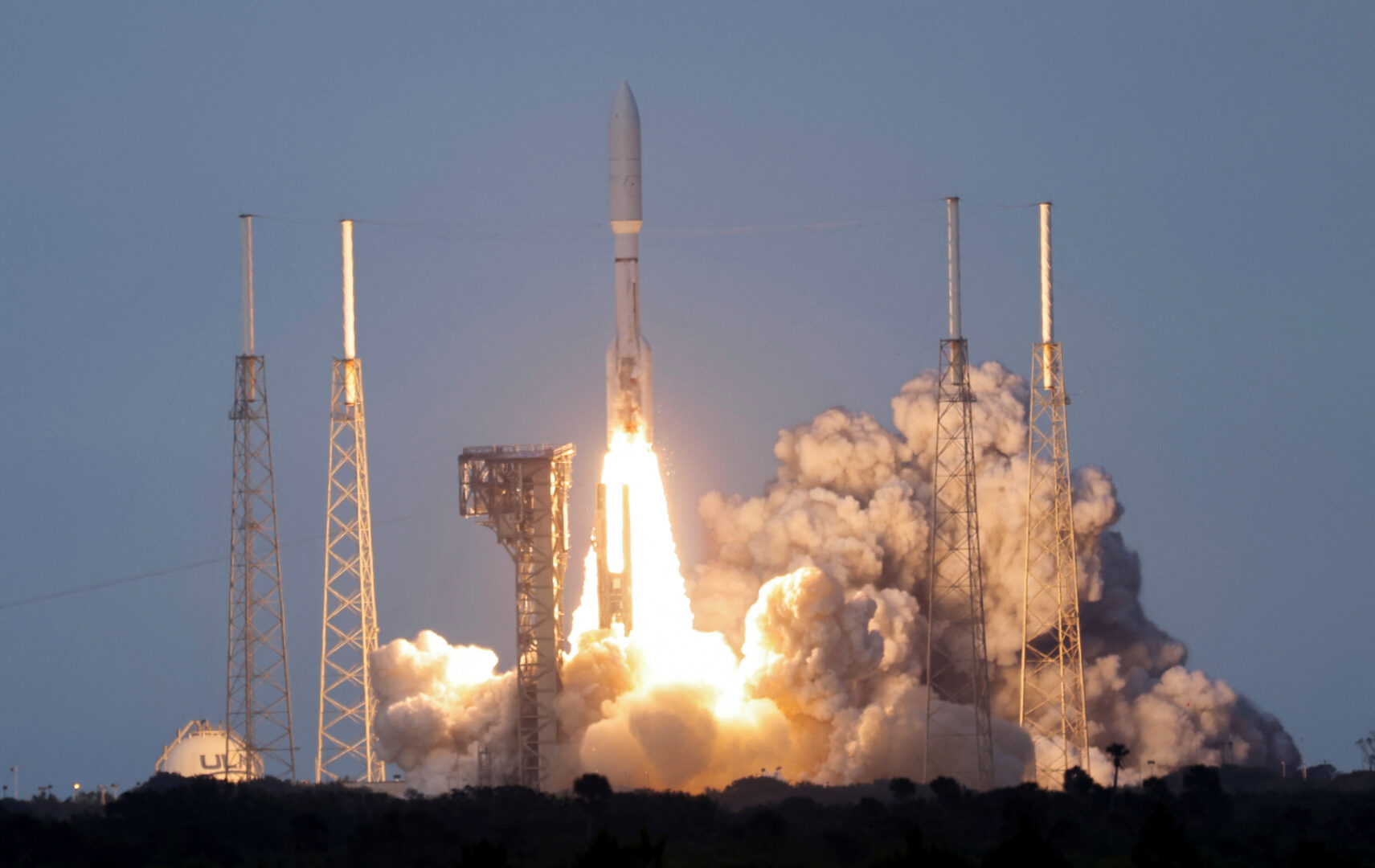
The company launched two test satellites in 2023, which were later de-orbited in 2024. After successful trials, the focus has now shifted to the first full deployment. Amazon expects to confirm contact with the 27 new satellites shortly after launch.
The company also introduced its consumer terminals last year. These include a larger antenna, similar in size to a vinyl record, and a compact version similar to a Kindle. Each terminal is expected to cost under $400, and Amazon plans to produce millions of them.
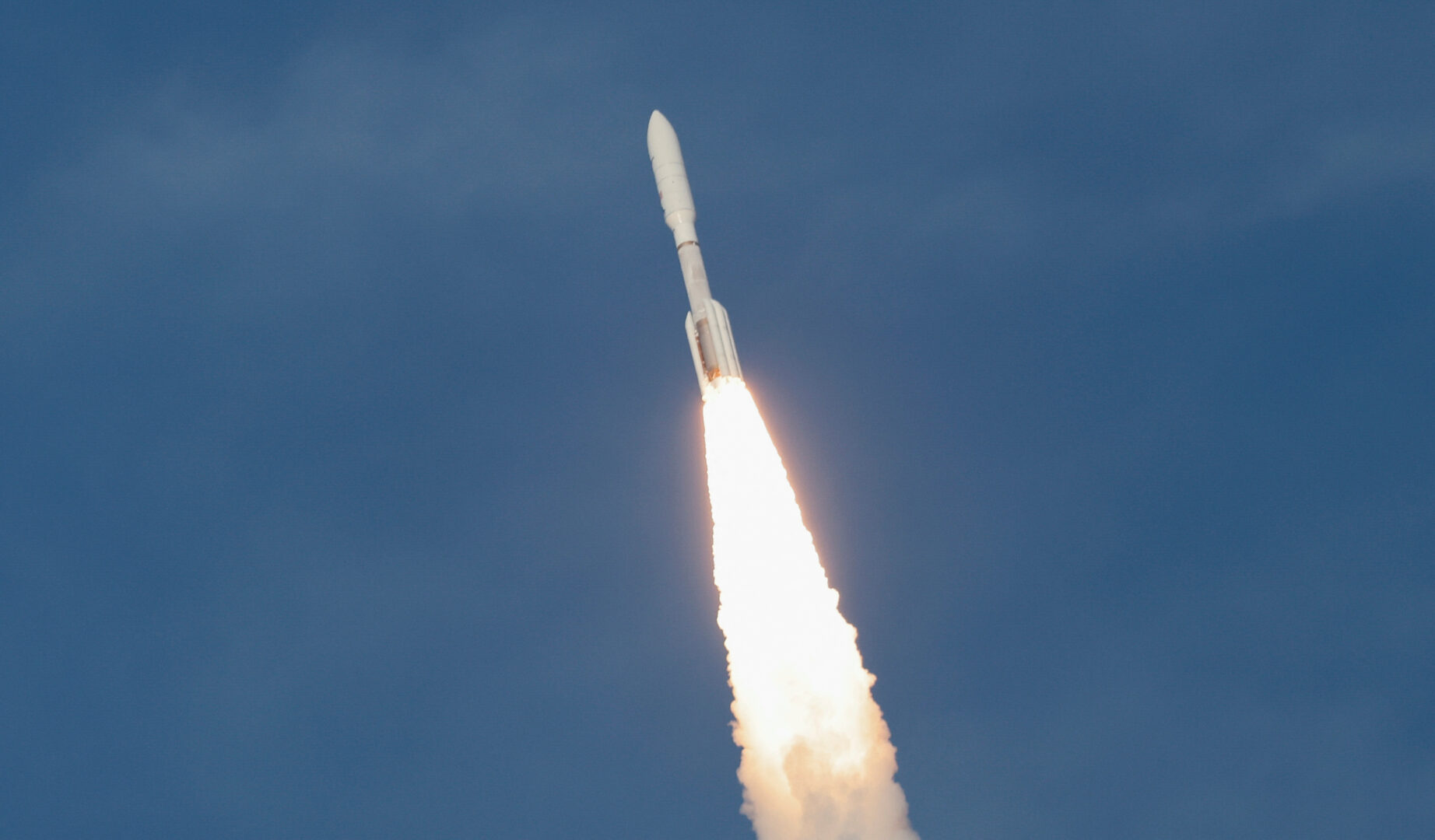
In 2022, Amazon secured 83 rocket launches through deals with ULA, France’s Arianespace, and Blue Origin—Bezos’ own space venture—marking the largest launch agreement in the industry’s history.
with inputs from Reuters


